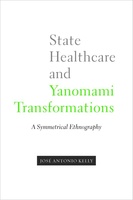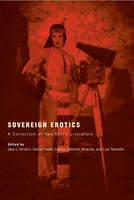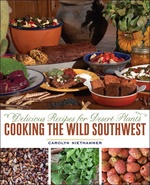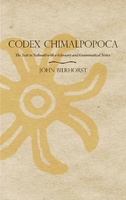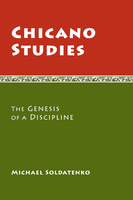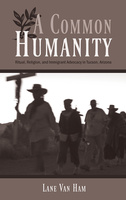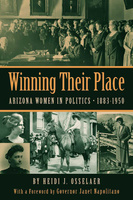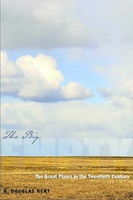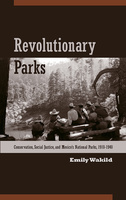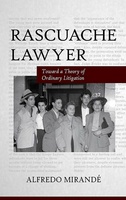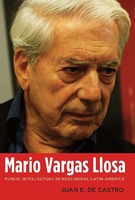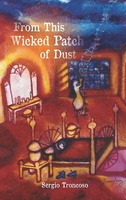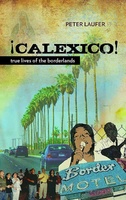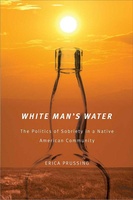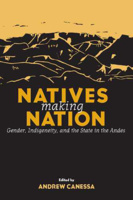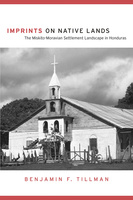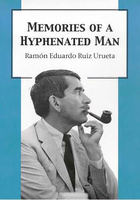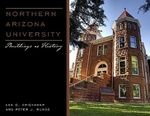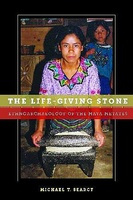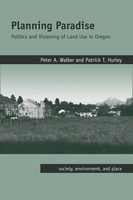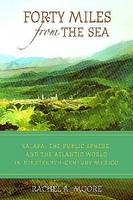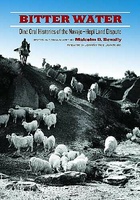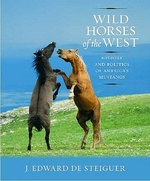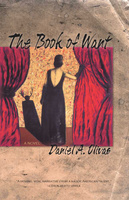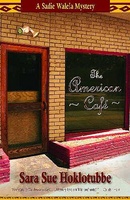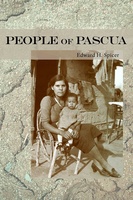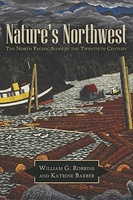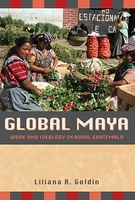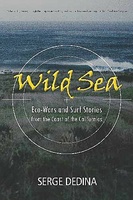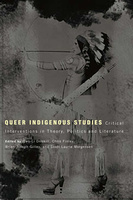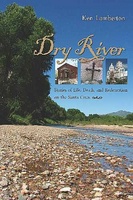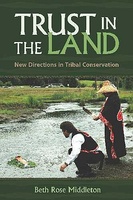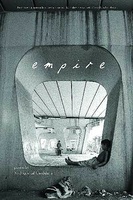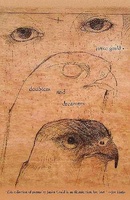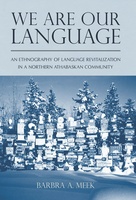The University of Arizona Press is the premier publisher of academic, regional, and literary works in the state of Arizona. They disseminate ideas and knowledge of lasting value that enrich understanding, inspire curiosity, and enlighten readers. They advance the University of Arizona’s mission by connecting scholarship and creative expression to readers worldwide.
State Healthcare and Yanomami Transformations
A Symmetrical Ethnography
With theoretical foundations in medical and Amazonian anthropology, Kelly shows how Amerindian cosmology shapes concepts of the state at the community level. His symmetrical anthropology treats white and Amerindian perceptions of each other within a single theoretical framework, thus expanding our understanding of the groups and their mutual influences. This book will be valuable to scholars and students of Amazonian peoples, medical anthropology, development, and Latin American studies.
Sing
Poetry from the Indigenous Americas
Cooking the Wild Southwest
Delicious Recipes for Desert Plants
Codex Chimalpopoca
The Text in Nahuatl with a Glossary and Grammatical Notes
Chicano Studies
The Genesis of a Discipline
Part intellectual history, part social criticism, and part personal meditation, Chicano Studies attempts to make sense of the collision (and occasional wreckage) of politics, culture, scholarship, ideology, and philosophy that created a new academic discipline. Along the way, it identifies a remarkable cast of scholars and administrators who added considerable zest to the drama.
A Common Humanity
Ritual, Religion, and Immigrant Advocacy in Tucson, Arizona
Revolutionary Parks
Conservation, Social Justice, and Mexico’s National Parks, 1910–1940
Mario Vargas Llosa
Public Intellectual in Neoliberal Latin America
White Man's Water
The Politics of Sobriety in a Native American Community
Natives Making Nation
Gender, Indigeneity, and the State in the Andes
Imprints on Native Lands
The Miskito-Moravian Settlement Landscape in Honduras
Ethnographic Contributions to the Study of Endangered Languages
Northern Arizona University
Buildings as History
Planning Paradise
Politics and Visioning of Land Use in Oregon
Forty Miles from the Sea
Xalapa, the Public Sphere, and the Atlantic World in Nineteenth-Century Mexico
Bitter Water
Diné Oral Histories of the Navajo-Hopi Land Dispute
Wild Horses of the West
History and Politics of America's Mustangs
The Neolithic Revolution in the Near East
Transforming the Human Landscape
Nature's Northwest
The North Pacific Slope in the Twentieth Century
Wild Sea
Eco-Wars and Surf Stories from the Coast of the Californias
Queer Indigenous Studies
Critical Interventions in Theory, Politics, and Literature
Jesus and the Gang
Youth Violence and Christianity in Urban Honduras
We Are Our Language
In presenting the case of Kaska, an endangered language in an Athapascan community in the Yukon, Barbra Meek asserts that language revitalization requires more than just linguistic rehabilitation; it demands a social transformation. The process must mend rips and tears in the social fabric of the language community that result from an enduring colonial history.


